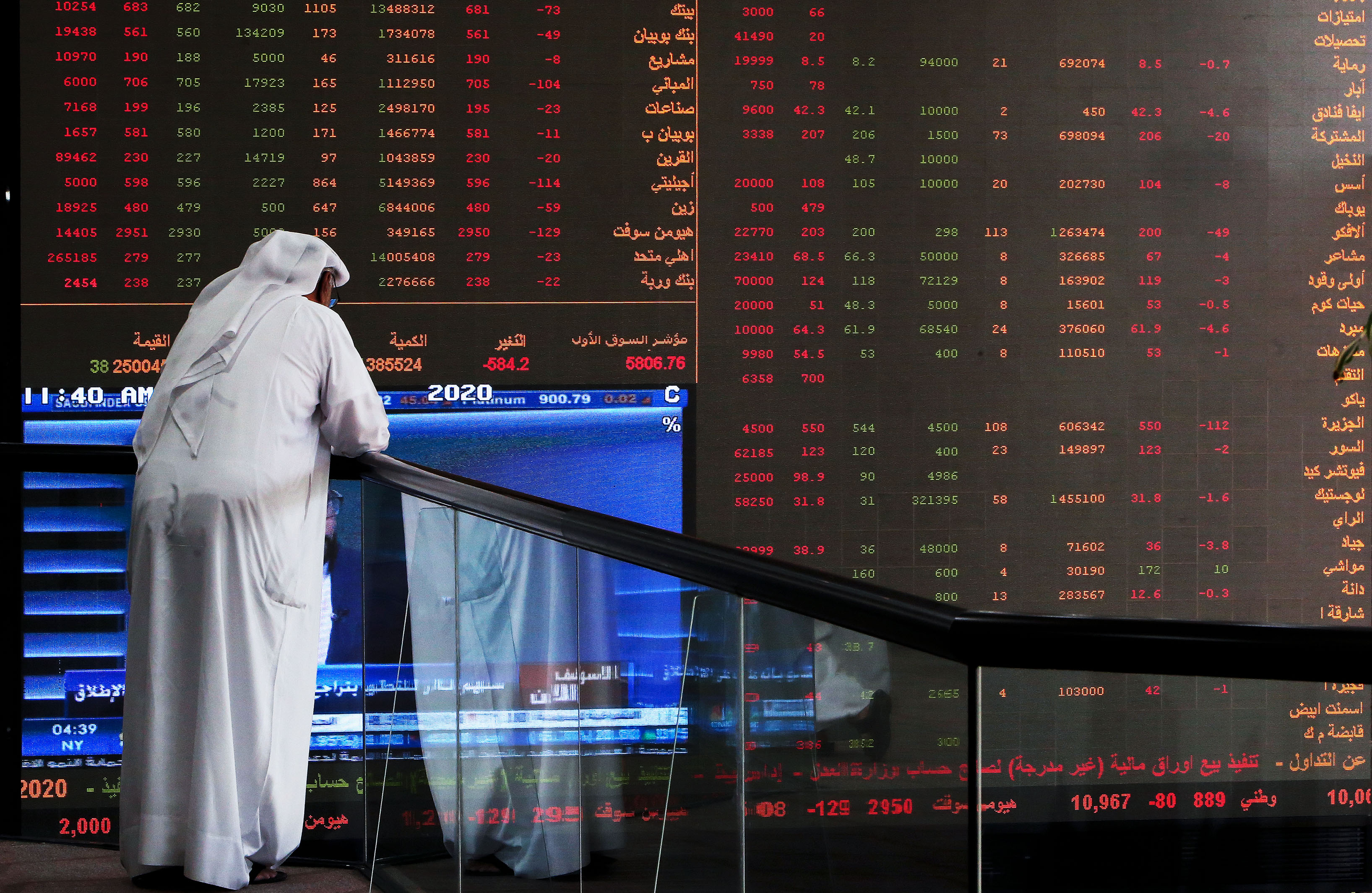Oil prices plunge as Russia feuds with Saudi Arabia
Riyadh is retaliating against Moscow’s refusal to cut oil production in response to coronavirus


A free daily email with the biggest news stories of the day – and the best features from TheWeek.com
You are now subscribed
Your newsletter sign-up was successful
Russia and Saudi Arabia have kicked off an oil price war after Moscow torpedoed an Opec deal to cut production in response to a fall in demand caused by the coronavirus outbreak.
In response, Saudi Arabia, the de-facto head of Opec, has gone on the offensive. Rather than restricting supplies, handing the Russians the chance to expand their market share, the kindom has opened the taps.
Oil prices had dropped by almost a third since January to $45 a barrel, and news of the Saudi pushed them towards $30. Shares in Saudi Aramco slid by as much as 9% in Sunday trading in Riyadh.
The Week
Escape your echo chamber. Get the facts behind the news, plus analysis from multiple perspectives.

Sign up for The Week's Free Newsletters
From our morning news briefing to a weekly Good News Newsletter, get the best of The Week delivered directly to your inbox.
From our morning news briefing to a weekly Good News Newsletter, get the best of The Week delivered directly to your inbox.
Saudi output will be upped “next month to above ten million barrels a day and could increase to its maximum capacity of 12 million barrels a day if needed,” the country’s officials told The Wall Street Journal. “The price cuts are aimed directly at Russia’s market share… but don’t encompass the entirety of the kingdom’s strategy.”
This wider strategy is, in fact, similar to Russia’s, in that it hopes to increase market share and damage competitors: Riyadh is not only upping production, but also cutting prices by 10%, announcing unprecedented discounts of almost 20% in key markets.
Profits will drop in the short term as crude prices plunge, but the Saudi governmentis hoping to use the crisis to extend its position in the global market for the long term.
–––––––––––––––––––––––––––––––For a round-up of the most important business stories and tips for the week’s best shares - try The Week magazine. Get your first six issues free–––––––––––––––––––––––––––––––
A free daily email with the biggest news stories of the day – and the best features from TheWeek.com
Why did Russia pull out of the deal?
This is bad news for Russia and other oil-producing nations, who will now see their income reduced, but the Saudi aggression is an outcome they may have predicted, and accounted for.
“Russia has built up a $170bn national wealth fund from excess oil revenues in recent years and believes it can tap that to offset any short-term price war,” says The Financial Times.
Moscow believes it can weather the short-term losses they will incur in a price war. They believe this is worth the long-term benefit they could accrue from rivals in Iran, Venezuela, and North America going out of business.
In particular, Russia is hoping to undermine the shale oil business in North America. If the price of oil drops further, shale oil sellers, who rely mostly on the expensive process of hydraulic fracturing - or fracking - to extract the commodity, could be forced out of business.
The impact on the shale industry
If the price war continues, it is difficult to see how the North American shale oil industry can survive.
However, says The New York Times, the war may in fact only be temporary. “The moves over the weekend may well have been part of a negotiating chess game, and the Saudis and Russians can still reach a compromise.
“But if the collapse is lasting,” the paper continues, “oil executives say there is nothing to stop oil prices from tumbling to the lowest levels in at least five years.”
William Gritten is a London-born, New York-based strategist and writer focusing on politics and international affairs.
